Complementation. Cognitive and functional perspectives.
Complementation, i.e. predication encoded in argument slots, is well-renowned for its syntactic and semantic variability across languages. As such, it poses a tantalizing descriptive/explanatory challenge to linguists of any theoretical persuasion.Recent developments in Cognitive and Functional-typological linguistics have enabled researchers to address various unexplored research questions on complementation phenomena. The seven papers included in this volume represent the most recent endeavors to explore cognitive-functional foundations of complementation phenomena from various theoretical perspectives (Cognitive Grammar, Mental Space Theory, Typology, Discourse-functional linguistics, Cognitive Science). The seven papers are prefaced by an introductory chapter (Kaoru Horie and Bernard Comrie) which situates the current volume within the major complementation studies of the past forty years. This work presents a new theoretical venue of complementation studies and enhances our understanding of this complex yet intriguing syntactic and semantic phenomenon.
{{comment.content}}
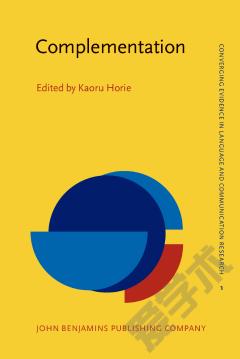
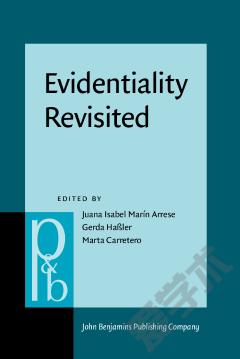
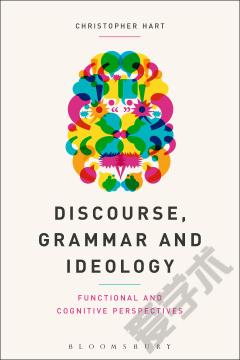
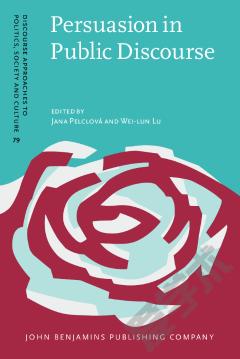
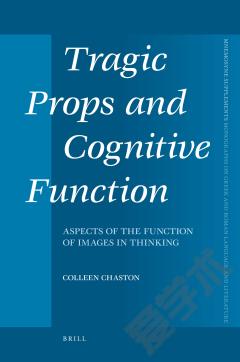
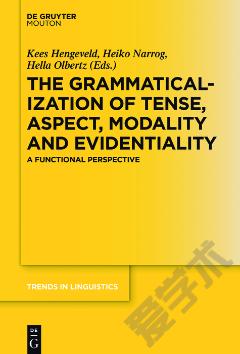


 京公网安备 11010802027623号
京公网安备 11010802027623号